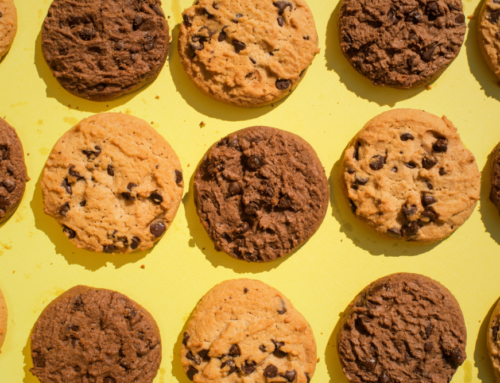To drink (alcohol) or not to drink, that is the question. Whether alcohol is part of a healthy lifestyle is a question that is frequently debated, unfortunately with no clear answer.
Many research studies suggest that moderate amounts of alcohol have some health benefits, particularly for the heart and arteries (cardiovascular health), and consumption of red wine is frequently offered up as the explanation for the “French Paradox” (i.e., that the French enjoy cheese and other rich foods quite often, yet aren’t dropping dead of heart attacks right and left), although I suspect that vegetable consumption and the more relaxed pace of meals truly deserve the credit.
Oddly, the benefits ascribed to moderate alcohol consumption (defined roughly as 1 drink per day for women and 2 drinks a day for men) appear to be due to the actual alcohol in the alcohol (i.e., ethanol). While resveratrol, a compound found in red wine (as well as in the skins of grapes, blueberries and raspberries), has long been hypothesized to have anti-inflammatory effects and other health benefits in humans, research results have been inconsistent.
What is certain is that a glass of red wine a day won’t compensate for a diet that is low in vegetables and high in refined carbohydrates (white flour and sugar) and highly processed foods. Moderate alcohol consumption, red wine in particular, is part of the traditional Mediterranean diet, which is based on whole plant foods (vegetables, fruit, beans and lentils, whole grains, nuts and seeds, olives) as well as fish and smaller amounts of other animal foods, such as high-quality yogurt and cheese. The healthfulness of this eating style has been supported by massive amounts of research, but red wine is only one small part of it.
Personally, as someone who enjoys red wine, microbrewed beer (especially a nice dark porter), dry martinis and good Scotch, it’s a bummer that the limits for moderate alcohol consumption are so low. Adding insult to injury, I live with a man, who by virtue of his gender can drink twice as much as me and still be moderate. Not fair!
Like many people this time of year, both the man and I have been looking at our consumption, which truth be told frequently creeps past moderate. (It’s hard to be enjoying a nice meal with wine at home and not refill the wineglasses!) Although we nixed the idea of doing a dry January, we have decided to rein things in on days we do imbibe, as well as completely abstaining a few days a week. And, as much as we love Georgetown beer, we will not be taking in our growlers for a refill for a while.
The reasons for this are many:
- Empty calories, for one.
- Better sleep (I’m sure you know this, but while alcohol may help you get to sleep, it ends up messing up the quality of your sleep.)
- Clearer heads on the evenings spent working on web design (him) and writing projects (me) or reading (both).
For me, breast cancer risk is also a concern. It’s not known what level of alcohol consumption carries additional risk, but there’s a suspicion no amount may be safe, as alcohol is a known carcinogen. I don’t have a family history of breast cancer (but that’s true of most women who are diagnosed with breast cancer), but I do have one potentially significant risk factor: I’ve never given birth.
I don’t obsess about my risk (because what good would that do), but the fact that I provide nutritional counseling for cancer patients means my own potential risk is never too far from my mind. I also feel that if I’m regularly advising patients to watch their own alcohol intake, I need to walk my talk. I can abide many things, but hypocrisy is not one of them. So tonight, I will pour myself a nice glass of sparkling water (which I enjoy) with dinner, and honestly I most likely won’t end up missing the wine.







